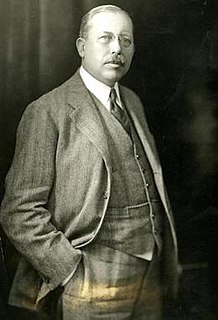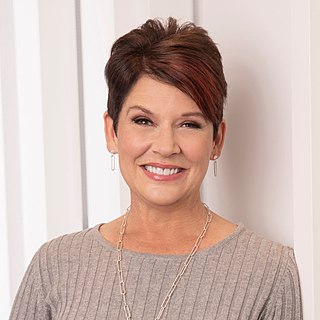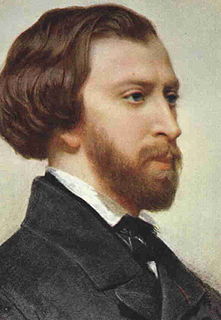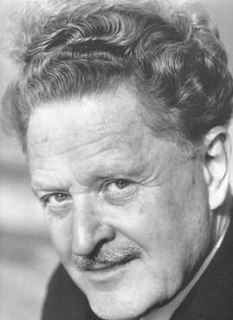A Quote by Lucy Larcom
It is one of the most beautiful facts in this human existence of ours, that we remember the earliest and freshest part of it most vividly. Doubtless it was meant that our childhood should live on in us forever.
Related Quotes
Apart from their other characteristics, the outstanding thing about China's 600 million people is that they are “poor and blank”. This may seem a bad thing, but in reality it is a good thing. Poverty gives rise to the desire for changes, the desire for action and the desire for revolution. On a blank sheet of paper free from any mark, the freshest and most beautiful characters can be written; the freshest and most beautiful pictures can be painted.
Holding onto and manipulating physical objects is one of the things we learn earliest and do the most. It should not be surprising that object control is the basis of one of the five most fundamental metaphors for our inner life. To control objects, we must learn to control our bodies. We learn both forms of control together. Self-control and object control are inseparable experiences from earliest childhood. It is no surprise that we should have as a metaphor-a primary metaphor-Self Control is Object Control.
In trying to express only those aspects of ourselves that we believe will guarantee us the acceptance of others, we suppress some of our most valuable and interesting features and sentence ourselves to a life of reenacting the same outworn scripts. Reclaiming the parts of ourselves that we have relegated to the shadow is the most reliable path to actualizing all of our human potential. Once befriended, our shadow becomes a divine map that—when properly read and followed—reconnects us to the life we were meant to live and the people we were meant to be.
There are obviously two educations. One should teach us how to make a living and the other how to live. Surely these should never be confused in the mind of any man who has the slightest inlinkng of what culture is. For most of us it is essential that we should make a living... In the complications of modern life and with our increased accumulation of knowledge, it doubtless helps greatly to compress some years of experience into far fewer years by studying for a particular trade or profession in an institution.
For man, the vast marvel is to be alive. For man, as for flower and beast and bird, the supreme triumph is to be most vividly, most perfectly alive. Whatever the unborn may know, they cannot know the beauty, the marvel of being alive in the flesh. The dead may look after the afterwards. But the magnificent here and now of life in the flesh is ours, and ours alone, and ours only for a time.
We are all here on this planet, as it were, as tourists. None of us can live here forever. The longest we might live is a hundred years. So while we are here we should try to have a good heart and to make something positive and useful of our lives. Whether we live just a few years or a whole century, it would be truly regrettable and sad if we were to spend that time aggravating the problems that afflict other people, animals, and the environment. The most important things is to be a good human being.
So much of our early gladness vanishes utterly from our memory: we can never recall the joy with which we laid our heads on our mother's bosom or rode on our father's back in childhood; doubtless that joy is wrought up into our nature, as the sunlight of long-past mornings is wrought up in the soft mellowness of the apricot; but it is gone forever from our imagination, and we can only believe in the joy of childhood.
I know, that since life is our most precious gift, and as far as we can be absolutely certain, it's given to us to live but once, let us so live we will not regret years of useless virtue, and inertia, and timidity, and ignorance, and in our last moments we can say: 'All my life, all my conscious energies, have been dedicated to the most noble cause in the world, the liberation of the human mind and spirit - beginning with my own'.
I have given up the ambition to be a great scholar. I want to be more- simply a human. . . . We are not true humans, but beings who live by a civilization inherited from the past, that keeps us hostage, that confines us. No freedom of movement. Nothing. Everything in us is killed by our calculations for our future, by our social position and cast. You see, I am not happy-yet I am happy. I suffer, but that is part of life. I live, I don't care about my existence, and that is the beginning of wisdom.
Healthy areas that are richest in information are those areas in the wild where we can get all the information that's available to us within our human hearing range. The most valuable information throughout human evolution has been faint sounds. We tend to think in our modern world that if it's loud, if it grabs our attention, it's important. We get a lot of that in advertising. But in nature, it's the faintest sound that's important; it has determined, in the past of our ancestors, perhaps, if they will live or die. Faint sounds are the earliest clues of newly arriving information.






































